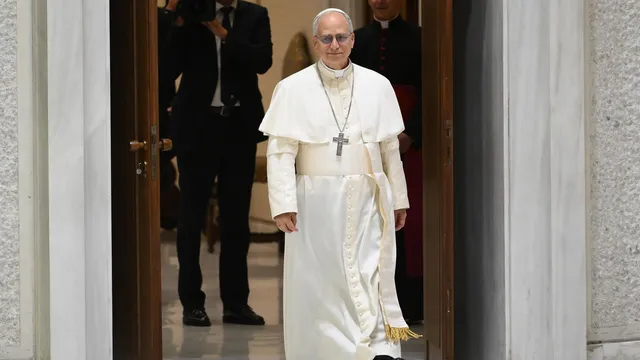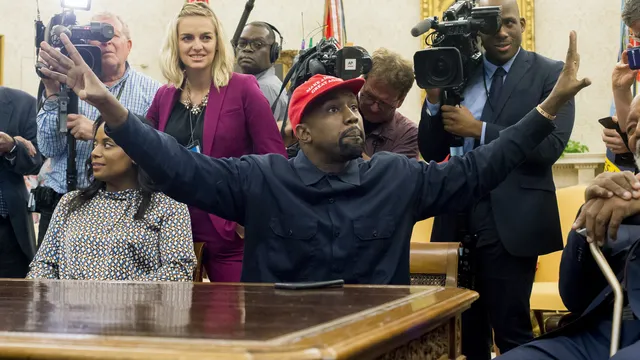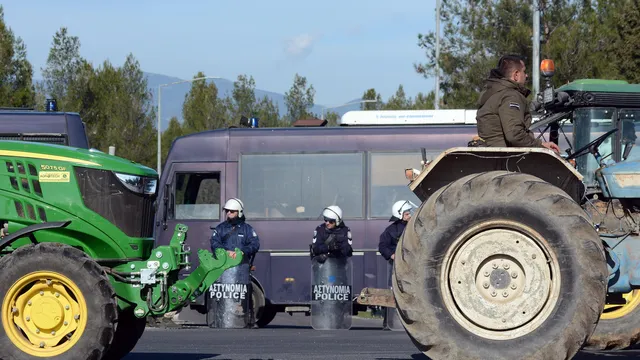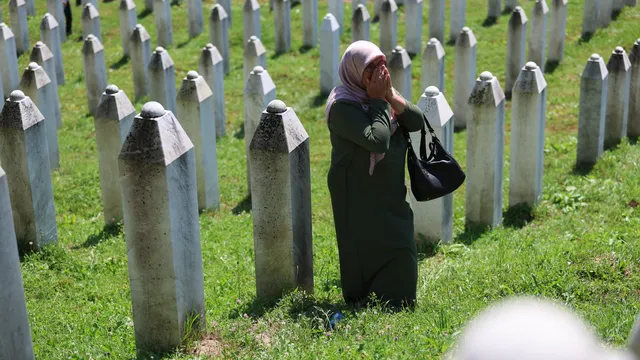During his first audience with representatives of the media, Pope Leo XIV called for the release of journalists imprisoned "for seeking and telling the truth," expressing "the Church's solidarity" with them.
"The Church recognizes in these witnesses—I mean those who report on the war, even at the risk of their lives—the courage of those who defend dignity, justice, and the right of peoples to be informed," he said, as quoted by AFP.
The pontiff expressed the opinion that "only informed peoples can make free choices."
The head of the Catholic Church stressed that "the suffering of these journalists who are in prison appeals to the conscience of nations and the international community, calling on all of us to defend the precious gift that is freedom of expression and of the press."
"You are on the front line to report on conflicts and hopes for peace, on cases of injustice and poverty, as well as on the quiet work of many for a better world. That is why I urge you to choose with awareness and courage the path of peaceful communication," said the 69-year-old pope, elected on May 8 after a two-day conclave.
Robert Francis Prevoist had already called on world leaders to peace on May 11, during his first Sunday prayer from the balcony of St. Peter's Basilica.
Emphasizing the "challenges" that must be "overcome and recounted" in "difficult times," he urged "never to give in to mediocrity."
The spiritual leader of 1.4 billion Catholics also expressed the view that "one of the most important challenges is to encourage communication capable of bringing us out of the 'Tower of Babel' in which we sometimes find ourselves."
He highlighted the challenge of "artificial intelligence," a topic he had already addressed on May 10 before the cardinals and which, in his view, requires "responsibility and discernment."
"Noisy, aggressive communication is not necessary," he added, calling for priority to be given "rather to communication capable of listening, of gathering the voice of the weak who have no voice." | BGNES
Pope Leo XIV calls for the release of journalists detained around the world

BGNES
The new pope has already called on world leaders to promote peace on May 11, during his first Sunday prayer from the balcony of St. Peter's Basilica.


 Breaking news
Breaking news
 Europe
Europe
 Bulgaria
Bulgaria





